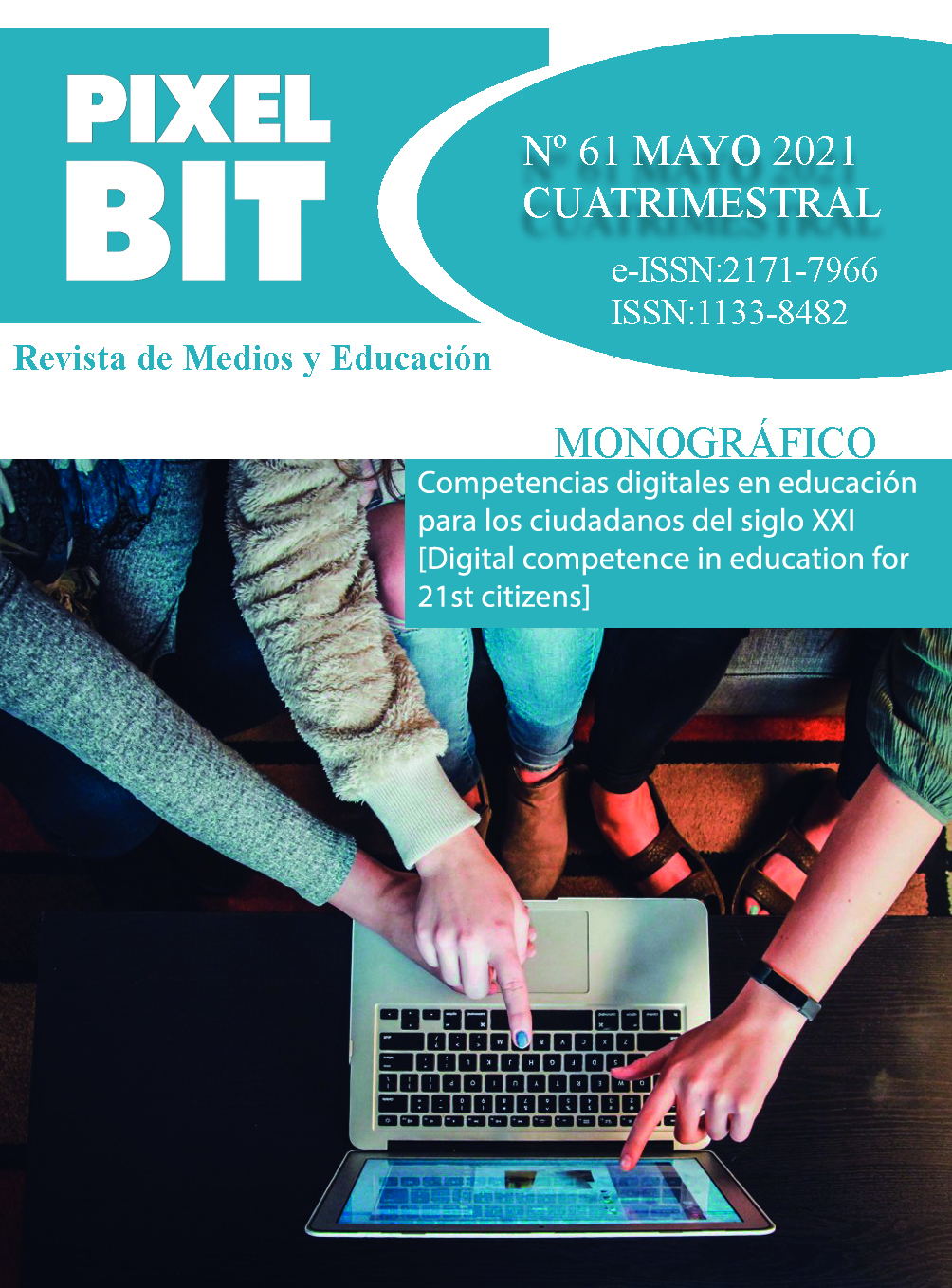Resumen
This study explores how teachers of Information and Communications Technology (ICT) faced with a major National Curriculum change were able to teach the new elements of the programmes of study. A multiple case study involving nine experienced teachers was carried out, using thematic analysis to explore audio-visual and documentary data from lesson planning sessions captured mostly via video calling and desktop sharing. The process captured the various ways that teachers located, modified and re-used digital materials and accessed online communities of practice to develop crowd-sourced curricula. The results reveal that the alignment of teachers’ digital competence with their need to assimilate unfamiliar but necessary concepts into the pedagogical reasoning process facilitated the teachers in developing sufficient subject knowledge and pedagogical content knowledge (PCK). Knowledge deficits slowed down the fluency of teachers’ lesson-planning processes, but the location and use of crowd-sourced resources helped them to develop PCK. The teachers’ digital competences in sourcing suitable teaching resources from their communities of practice allowed the development of pedagogy by proxy.

Esta obra está bajo una licencia internacional Creative Commons Atribución-NoComercial-SinDerivadas 4.0.
Derechos de autor 2021 Píxel-Bit. Revista de Medios y Educación

